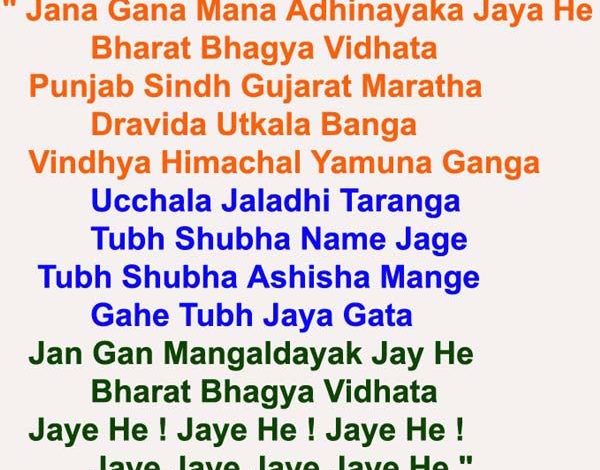
It was noted musician Pandit Ravi Sankar who recomposed it in the present and the most popular version, for the 1945 movie Dharti Ka Lal. The song was originally composed in the gazal style. Mahatma Gandhi had once said that it was the poem ‘Sare Jahan Se Acha’ which inspired him during the time of his imprisonment in the Yerwada jail in 1930. It was Iqbal himself who recited this poem at a college in Lahore. A patriotic poem, written by the Urdu poet Muhammed Iqbal, for the children, it appeared in the 16 August 1906 issue of the Ittehad magazine. This is one of the most popular patriotic songs which the generations have sung with much vigor. The sweet charm of Rabindra Sangeet continues to inspire hearts even a century after it was composed. Bollywood actor Amitabh Bachchan had sung ‘Ekla Chalo Re’ for the 2012 super hit movie ‘kahaani’. Many singers have rendered the different versions of this patriotic song. ‘Ekla Chalo Re’ was sung widely during the Swadeshi Movement and the protests against the Bengal Partition. Mahatma Gandhi too was an admirer of this song. The extremely beautiful lines which are filled with love for one’s own country has touched the hearts of millions of Indians. The patriotic song ‘Ekla Chalo Re’, written and composed by the great bard appeared for the first time in the September 1905 issue of the Bhandar magazine. Rabindranath Tagore is undoubtedly one of India’s greatest literary masters who brought home the Nobel Prize for literature in 1913. In 1950, the government of independent India declared ‘Vande Mataram’ as the national song. Many nationalists were jailed just because they dared to sing ‘Vande Mataram.’ in public. However the British government had banned the song and the novel Anandamath. ‘Vande Mataram.’ reverberated in the streets of Calcutta as people held protest demonstrations against the partition of Bengal in 1905.

The song played a significant role in the Indian independence movement as it ignited patriotic spirit among the masses. It was the legendary Bengali poet Rabinranath Tagore who composed this poem, and he sang it at the Calcutta session of the Indian National Congress in 1896. 'Spiritual nationalism', 'forceful patriotism', 'Vivekananda vs Sakshi' heat up debate on new Indian nationalist


 0 kommentar(er)
0 kommentar(er)
